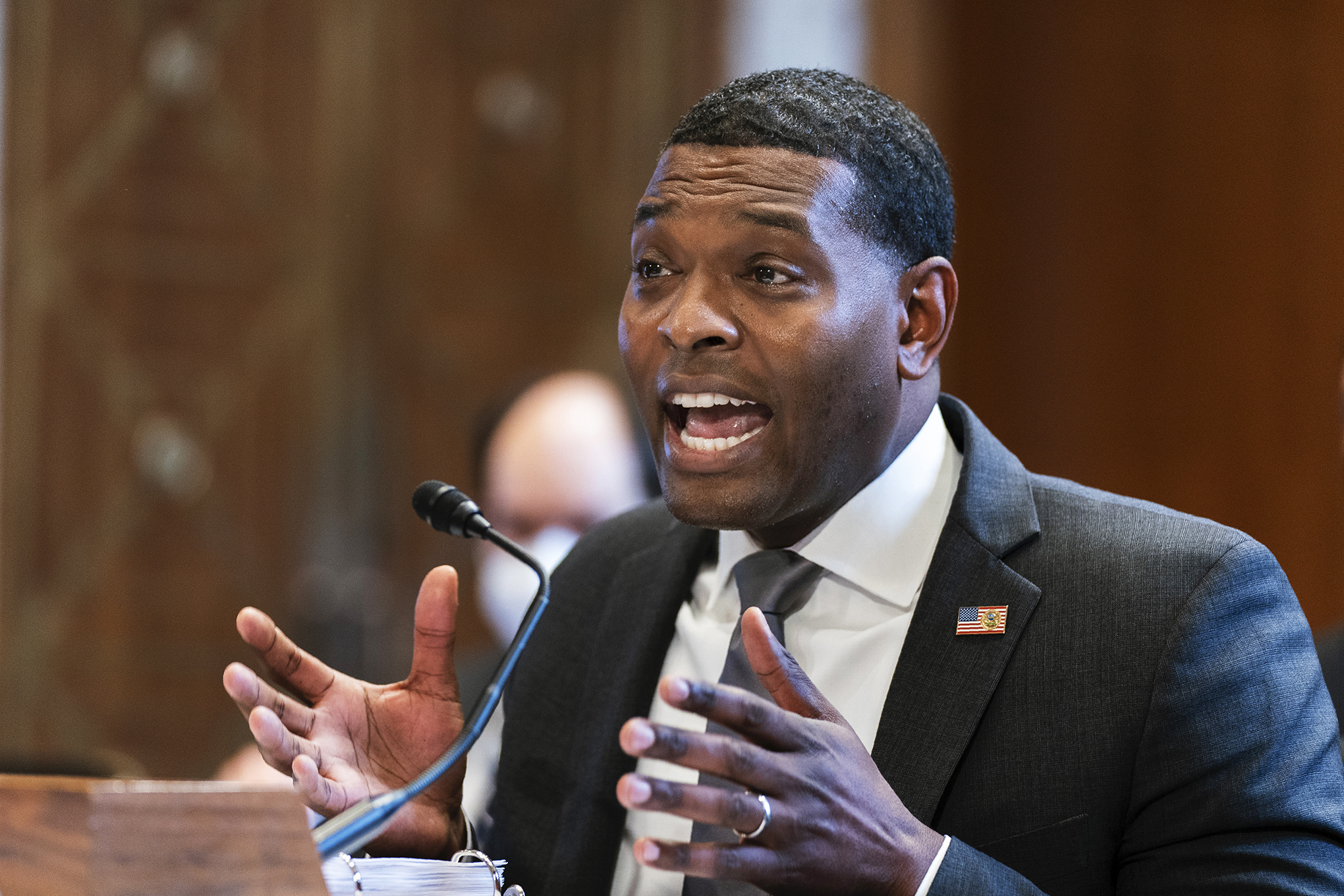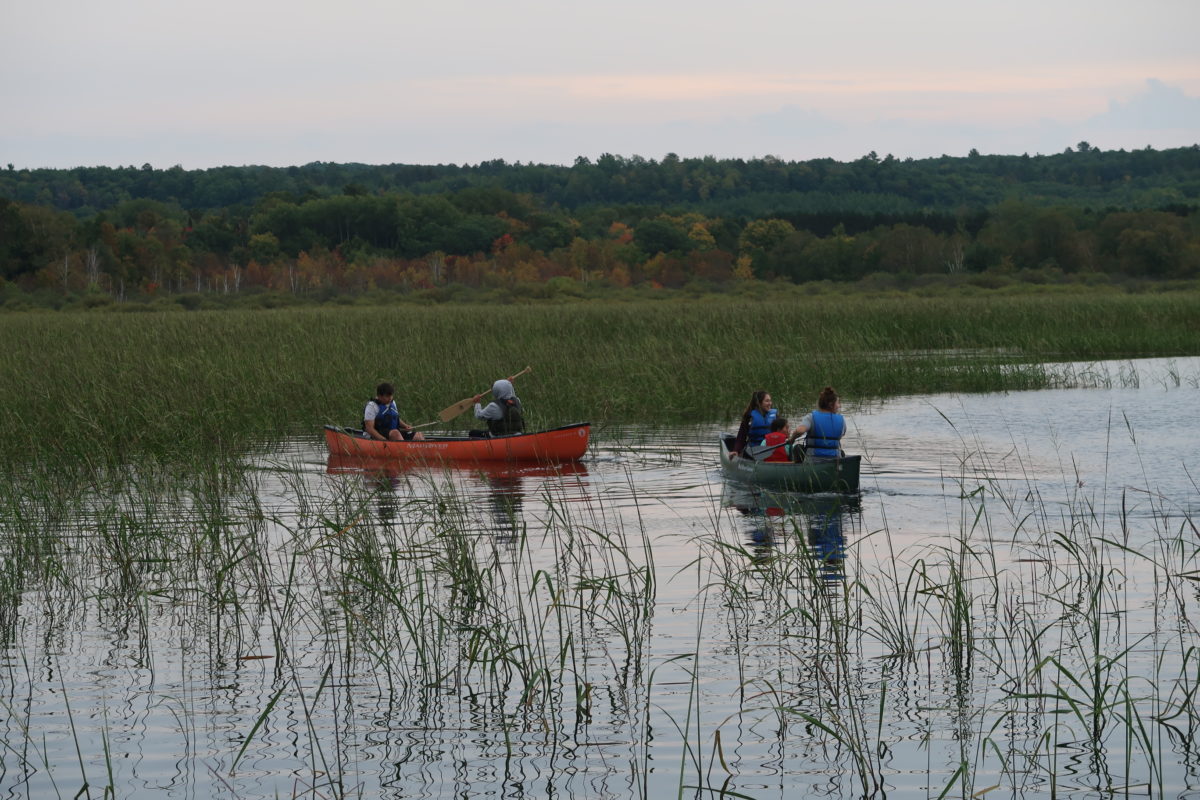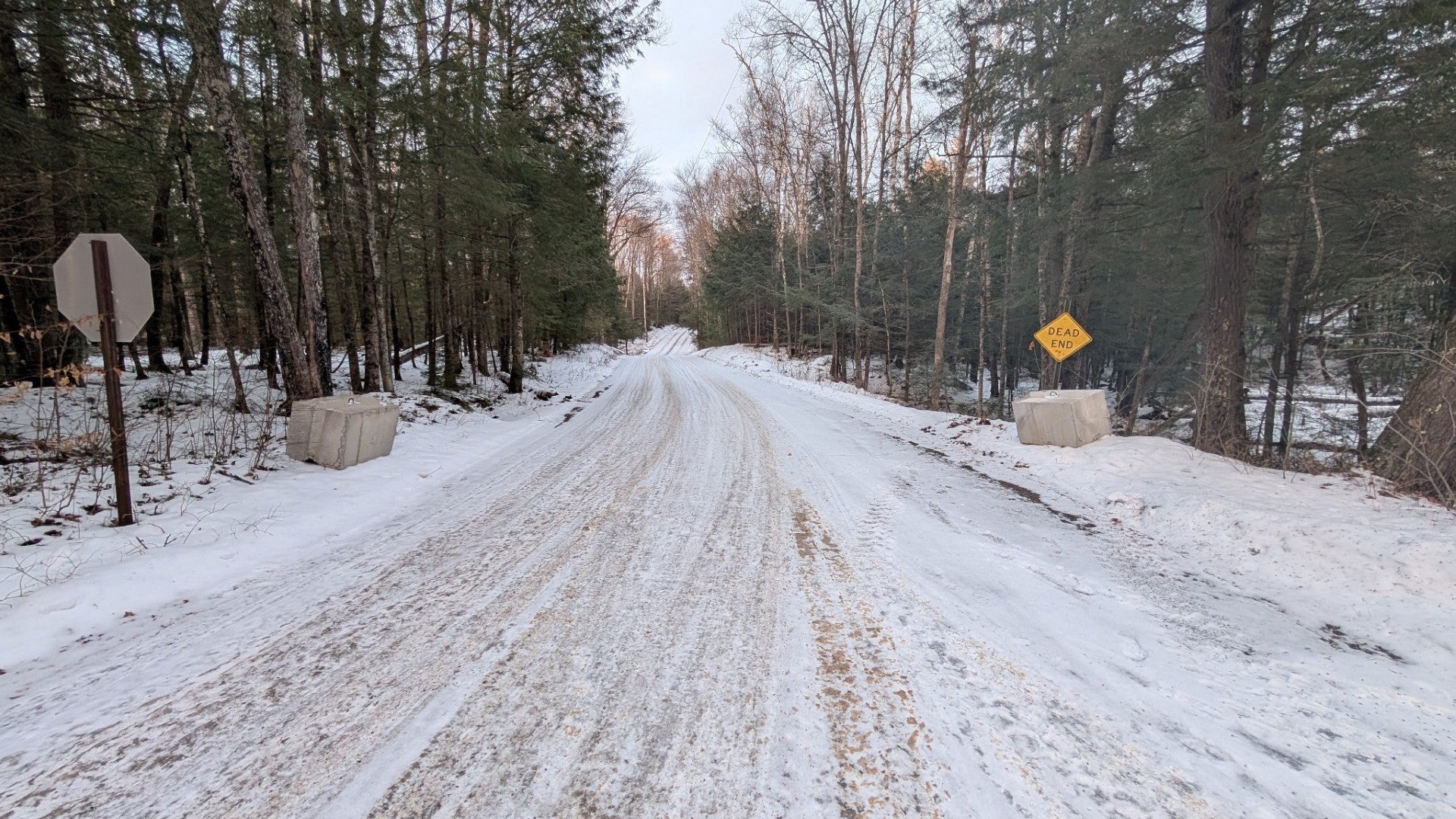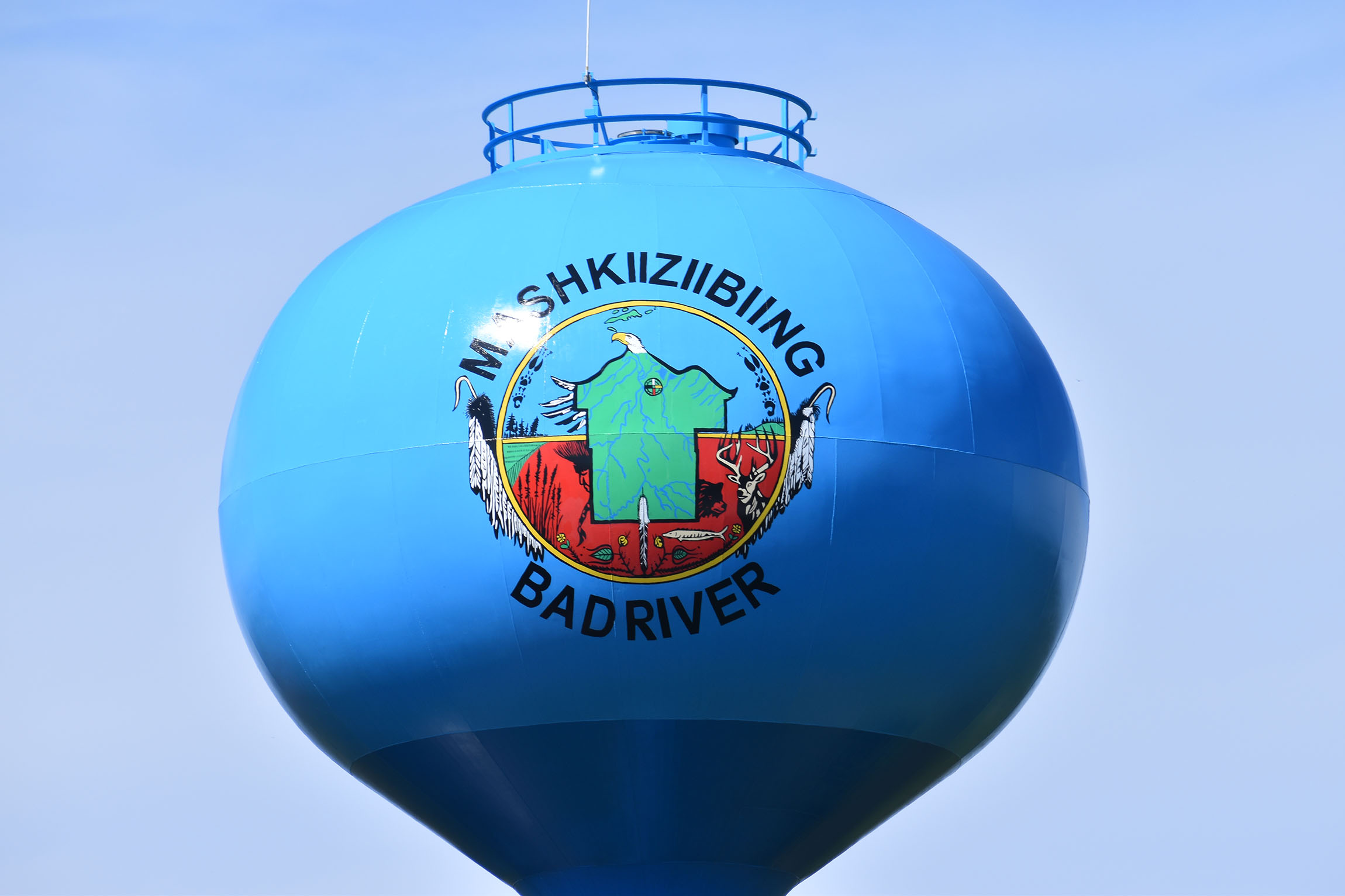Two Wisconsin tribes are defending a new rule issued by the Environmental Protection Agency that requires states to consider tribal treaty rights when setting water quality standards.
The rule finalized in May aims to help protect water quality where tribes hold rights outside their reservations under treaties with the federal government. That prompted a dozen red states to bring a lawsuit challenging the new regulation, including Idaho, North Dakota and Iowa.
The Lac du Flambeau and Mole Lake Bands of Lake Superior Chippewa are among seven tribes that intervened in the case to defend the EPA rule. Lac du Flambeau Tribal President John Johnson Sr. said the state’s Ojibwe tribes gave up millions of acres of land while retaining rights to hunt, fish and gather in ceded territory.
“I want to see them stick to what we signed in our treaties,” Johnson said. “We look at our fish, our wildlife, our wild rice, plants, animals — everything that’s got to have that water to survive. Everybody needs water to survive. Without it, fresh water, we’re going to be our own demise.”
In the past, the EPA has addressed tribal rights under the Clean Water Act on an individual basis as states updated standards. The new rule sought to provide “clear rules of the road” for states and the federal government when they consider tribal rights as part of setting water quality goals.

However, states suing the EPA say the new rule “leaves states in the dark” on how to implement the new regulation. They want a court to grant a preliminary injunction to prevent the EPA from enforcing the rule, saying it should be abandoned and declared unconstitutional.
States like Idaho, North Dakota and Iowa argue the agency is exceeding its authority under the Clean Water Act. They also contend it erodes and undermines their authority, increases administrative burdens and imposes significant costs on regulators and industries.
“Every water quality standard set by Plaintiff States is now subject to new, costly, and unlawful requirements to protect tribal reserved rights,” state attorneys general wrote in their complaint.
States also argued the new rule’s requirements would result in stricter standards that require more expensive treatment.
Gussie Lord is the managing attorney of the tribal partnerships program for Earthjustice, which is co-counsel on the case along with the Native American Rights Fund. She called the states’ concerns “overblown.” Lord said they think the regulation provides a framework for states and tribes to work together.
“There’s concerns from some of the states about tribes wanting the water to be too clean and impact economic activity. But, again, I think that’s an overblown concern,” Lord said. “I think this is not going to be a big change in a lot of areas. There might be some areas where water quality needs to be more protective than it currently is. But, again, I think that’s a good thing.”
Stay informed on the latest news
Sign up for WPR’s email newsletter.

For Lac du Flambeau’s Johnson, he said mining was one of the reasons that the tribe chose to intervene in the case, expressing concerns about its environmental effects on water quality.
“We don’t need all of those chemicals in our lakes that we take fish from every year,” Johnson said. “We have hundreds of lakes up here that we use to sustain our people here at home and our treaty rights. We want to keep that water quality standard in a good way for us and for future generations.”
Johnson said he thinks state and federal water quality standards should be “a little bit higher” to ensure protections for treaty-protected resources.
Wisconsin Manufacturers and Commerce, the state’s largest business group, submitted comments to the EPA last year that urged the agency to withdraw the rule.
Craig Summerfield, the group’s director of environmental and energy policy, said the agency lacked authority to implement the rule and failed to consider its costs. He argued those could easily exceed tens of billions of dollars across states nationwide.
“Wisconsin has already established a comprehensive regulatory scheme to ensure that water quality standards are set at levels protective of usufructuary rights established by treaty,” Summerfield wrote.

Danielle Kaeding/WPR
He also expressed concerns about wild rice restoration efforts in areas that currently don’t support wild rice. He said the rule would require states to set water quality standards that can’t be met due to changes in hydrology or legacy contamination.
However, state environmental groups like Clean Wisconsin and Midwest Environmental Advocates welcomed the rule in comments to the EPA last year.
“Improving water quality where it is impaired and preserving water quality where it is high is one step we can and must take as soon as possible as the effects of climate change increasingly impact northern Wisconsin and the Ceded Territory,” the groups wrote.
Lord noted states like Wisconsin and Minnesota that have long worked with tribes have not joined the lawsuit.
Wisconsin Public Radio, © Copyright 2025, Board of Regents of the University of Wisconsin System and Wisconsin Educational Communications Board.


